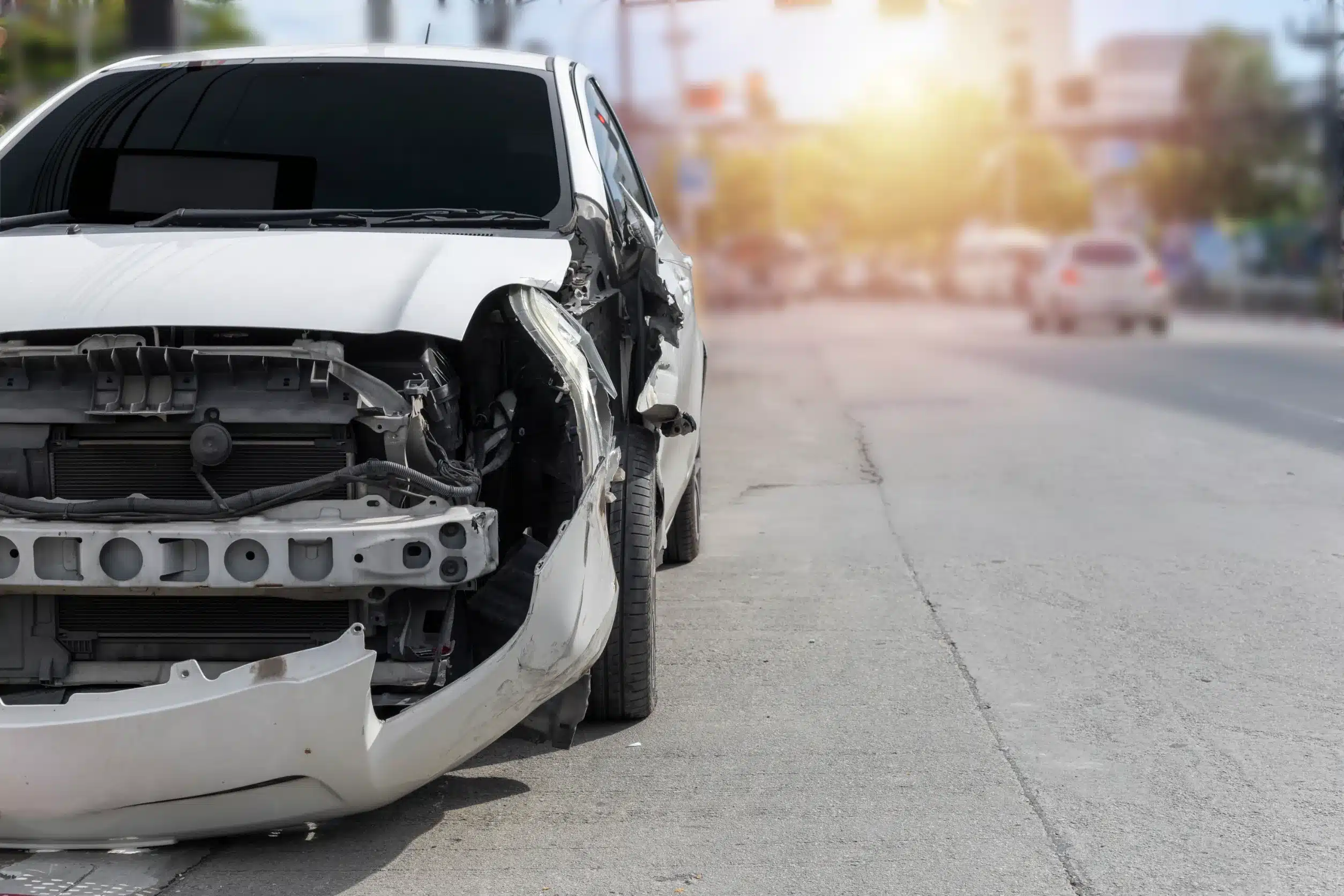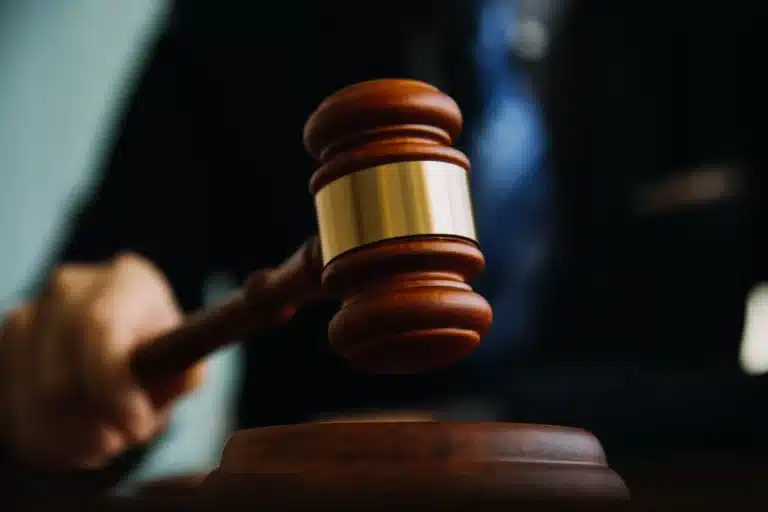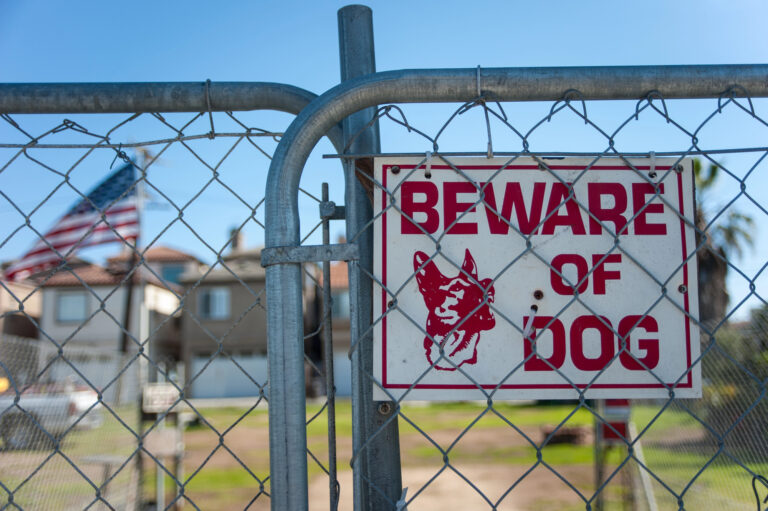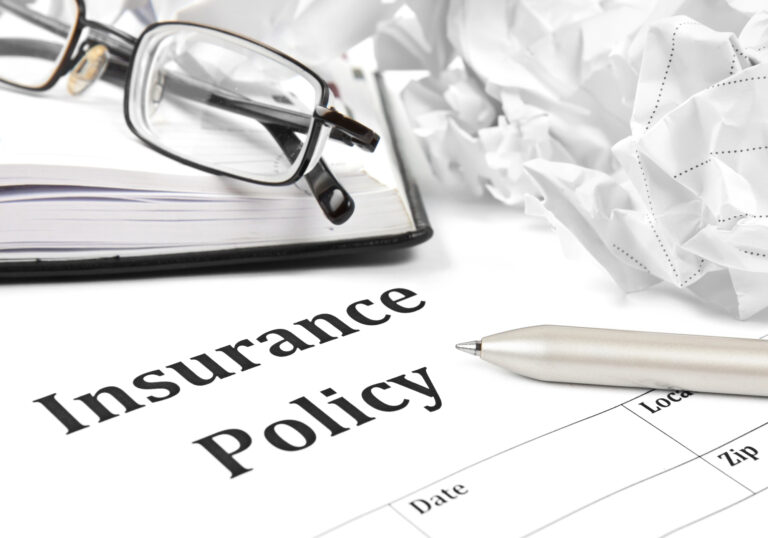Golf Cart Accidents in Florida: Insurance & Recovery
Florida Golf Cart Accidents and Insurance
Florida’s beautiful weather and numerous golf courses make it a paradise for golf enthusiasts. However, with the increased use of golf carts both on and off the course, accidents involving these vehicles have become more common. If you’ve been involved in a golf cart accident in Florida, understanding your insurance options and the recovery process is crucial. Our Florida accident attorneys here to guide you through the complexities of golf cart accident claims and help you understand your rights.
The Rise of Golf Cart Accidents in Florida
Golf carts are no longer confined to the fairways and greens. In many Florida communities, particularly retirement areas and beach towns, golf carts have become a popular mode of transportation. While they offer convenience and eco-friendly travel, they also come with risks. Golf carts typically lack the safety features of regular vehicles, such as airbags or seatbelts, making accidents potentially more dangerous.
Common causes of golf cart accidents include overturning due to sharp turns or uneven terrain, collisions with other golf carts, vehicles, or pedestrians, passengers falling out of moving carts, mechanical failures or defects, intoxicated drivers, and inexperienced operators, including underage drivers. As golf cart use expands beyond golf courses, the likelihood of accidents on public roads increases, complicating matters of liability and insurance coverage.
Understanding Golf Cart Classifications in Florida
In Florida, how a golf cart is classified can significantly impact insurance requirements and accident claims. Golf carts generally fall into two categories:
- Standard Golf Carts: These are vehicles designed and manufactured for use on golf courses. They typically have a maximum speed of less than 20 miles per hour.
- Low-Speed Vehicles (LSVs): These are golf carts that have been modified to reach speeds between 20-25 miles per hour and are equipped with additional safety features like headlights, taillights, turn signals, and windshields.
The classification determines where the vehicle can be legally operated and what insurance requirements apply. Standard golf carts are generally restricted to golf courses, private communities, and designated public roads where allowed by local ordinances. LSVs, on the other hand, can be operated on public roads with speed limits of 35 mph or less.
Insurance Options for Golf Cart Accidents
Navigating Florida insurance coverages for golf cart accidents can be tricky. The type of insurance that applies depends on various factors, including where the accident occurred, how the golf cart is classified, and whether it’s covered under existing policies. Here are some insurance options that may come into play:
Homeowners Insurance for Golf Carts
Many homeowners insurance policies provide some coverage for golf carts, particularly if the accident occurs on your property or in a gated community. However, this coverage is often limited and may not apply if the accident happens on a public road.
Auto Insurance Coverage for Carts
If you’ve registered your golf cart as an LSV, it may be covered under your auto insurance policy. Some insurers offer specific golf cart coverage as an add-on to auto policies. This can be crucial if you frequently use your golf cart on public roads.
Golf Cart Insurance
Specialized golf cart insurance policies are available and can provide comprehensive coverage for both on-course and off-course use. These policies often include liability coverage, collision coverage, and even coverage for accessories.
Business Liability Insurance
For accidents that occur on golf courses or at resorts, the facility’s business liability insurance may come into play, especially if negligence on their part contributed to the accident.
Steps to Take After a Golf Cart Accident
If you’re involved in a golf cart accident in Florida, taking the right steps can be crucial for your health and any potential legal claims. Your health should be the top priority, so seek medical attention even if injuries seem minor, as some symptoms may not appear immediately. Report the accident to golf course management if it occurred on a course, or contact law enforcement for accidents on public roads.
Document the scene by taking photos of the accident scene, any visible injuries, and damage to the golf cart or other property. Gather contact and insurance information from all parties involved and any witnesses. Notify your insurance company about the accident, but be cautious about giving recorded statements without legal advice. Finally, consult a Florida attorney who can help you navigate the complexities of golf cart accident claims and ensure your rights are protected.
Recovering Damages in Golf Cart Accidents
The process of recovering damages after a golf cart accident can vary depending on the circumstances and available insurance coverage. Potential damages may include medical expenses (current and future), lost wages, pain and suffering, property damage, and rehabilitation costs. In cases where another party’s negligence caused the accident, you may be able to pursue a personal injury claim. This could apply to situations involving defective golf carts, poorly maintained courses, or negligent drivers.
If the accident occurred on a public road and involved a motor vehicle, Florida’s no-fault insurance laws may come into play. In such cases, you would first turn to your own PIP coverage for initial medical expenses and lost wages, regardless of who was at fault. For more severe injuries that meet Florida’s serious injury threshold, you may be able to step outside the no-fault system and pursue a claim against the at-fault party for additional damages, including pain and suffering.
Legal Considerations in Golf Cart Accident Cases
Golf cart accident cases can involve complex legal issues, including determining liability, especially in accidents involving multiple parties, navigating insurance coverage disputes, addressing claims involving underage or unlicensed operators, dealing with accidents that occur in private communities or on private property, and handling cases that involve alcohol, particularly in resort settings. Given these complexities, working with attorneys who understand Florida’s golf cart laws and have experience with these types of accidents can be invaluable.
Preventing Golf Cart Accidents
While understanding your rights and insurance options is important, preventing accidents in the first place is ideal. Always follow golf cart safety guidelines and local regulations, avoid operating golf carts under the influence of alcohol or drugs, ensure all passengers are seated and keep arms and legs inside the cart while in motion, drive at safe speeds and avoid sharp turns, be cautious on slopes and uneven terrain, use seatbelts if the golf cart is equipped with them, and don’t allow underage or inexperienced drivers to operate the cart.
Florida Civil Counsel, P.A.: Florida Golf Cart Attorneys
If you’ve been involved in a golf cart accident in Florida, navigating the legal and insurance landscape can be challenging. Our Orlando-based law firm, serving clients throughout Florida, has experience handling the unique aspects of golf cart accident cases. We can help you understand your rights, deal with insurance companies, and pursue fair compensation for your injuries and losses.






